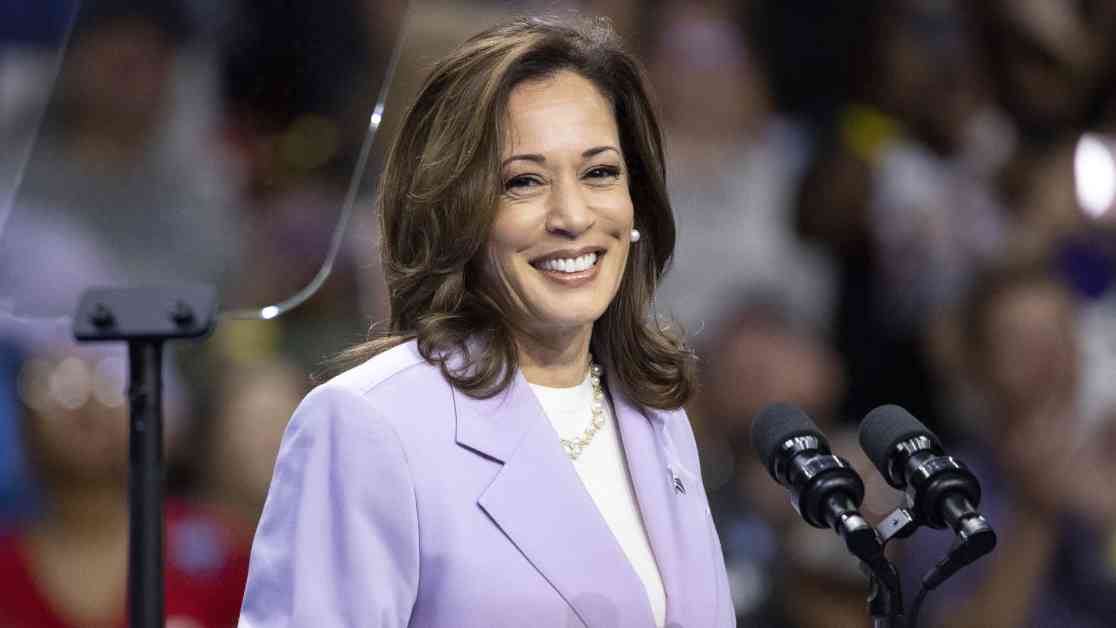US Vice President Kamala Harris is currently in the process of developing her economic policy plan with the help of economist Brian Deese, a former director of President Joe Biden’s National Economic Council. Deese, along with Mike Pyle, a former deputy National Security Advisor for International Economics in the Biden White House, are leveraging their experience from BlackRock, a prominent asset management firm, to assist Harris in formulating her economic platform.
Deese’s involvement in shaping economic policies dates back to his time in the Obama administration, where he played a crucial role in the economic response to the Covid-19 pandemic. His expertise in sustainable investing and economic legislation has positioned him as a valuable asset to Harris as she navigates the intricacies of economic policy.
In addition to Deese and Pyle, Harris is also receiving counsel from former senior Treasury official Brian Nelson and longtime White House senior advisor Gene Sperling. These seasoned advisors are collaborating with Harris and her team to align her policy proposals with Biden’s economic agenda while also introducing new perspectives that cater to the evolving needs of the American middle class.
As Harris prepares to unveil her presidential campaign’s economic platform, she faces the challenge of striking a balance between maintaining continuity with Biden’s policies and carving out her unique vision for economic prosperity. While she has been vocal in supporting Biden’s economic recovery plan, Harris is expected to introduce fresh ideas that address pressing issues such as tax policy, job creation, and corporate accountability.
The inclusion of Deanne Millison, Harris’ former chief economic adviser, in the campaign’s advisory team adds a layer of experience and insight from the private sector, as Millison currently serves as a lobbyist for Ford Motor Co. This diverse blend of expertise from both government and corporate backgrounds underscores Harris’s commitment to crafting a comprehensive economic strategy that resonates with a wide range of stakeholders.
Harris’s recent remarks on Fed independence and her focus on combating price gouging, corporate landlords, and pharmaceutical giants offer a glimpse into the thematic priorities that may feature in her economic policy rollout. By drawing on the collective wisdom of seasoned advisors like Deese, Pyle, Nelson, and Sperling, Harris aims to deliver a robust economic platform that addresses the immediate challenges facing American households and businesses.
The collaboration between Harris and her team of economic advisors underscores the intricate process of policy formulation in the realm of presidential campaigns. As the Democratic nominee refines her economic agenda and prepares to engage with voters on critical economic issues, the expertise and guidance provided by Deese and his counterparts will play a pivotal role in shaping the narrative of Harris’s economic vision for the future.













